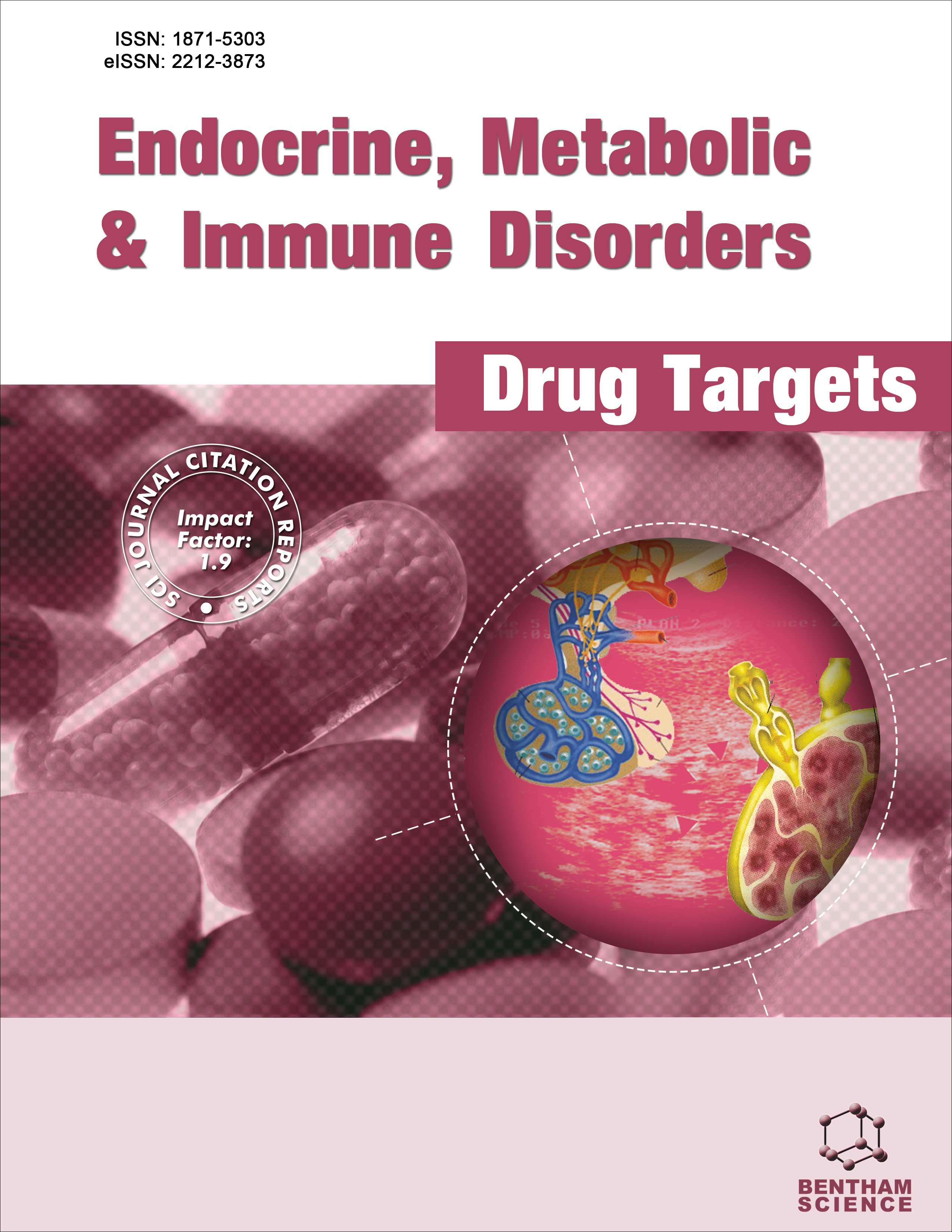
Full text loading...
Androgen (AR) signaling is the main signaling for the development of the prostate and its normal functioning. AR is highly specific for testosterone and dihydrotestosterone, significantly contributing to prostate development, physiology, and cancer. All these receptors have emerged as crucial therapeutic targets for PCa. In the year 1966, the Noble prize was awarded to Huggins and Hodge for their groundbreaking discovery of AR. As it is a pioneer transcription factor, it belongs to the steroid hormone receptor family and consists of domains, including DNA binding domain (DBD), hormone response elements (HRE), C-terminal ligand binding domain (LBD), and N-terminal regulatory domains. Structural variations in AR, such as AR gene amplification, LBD mutations, alternative splicing of exons, hypermethylation of AR, and co- regulators, are major contributors to PCa. It’s signaling is crucial for the development and functioning of the prostate gland, with the AR being the key player. The specificity of AR for testosterone and dihydrotestosterone is important in prostate physiology. However, when it is dysregulated, AR contributes significantly to PCa. However, the structural variations in AR, such as gene amplification, mutations, alternative splicing, and epigenetic modifications, drive the PCa progression. Therefore, understanding AR function and dysregulation is essential for developing effective therapeutic strategies. Thus, the aim of this review was to examine how AR was initially pivotal for prostate development and how it turned out to show both positive and detrimental implications for the prostate.

Article metrics loading...

Full text loading...
References


Data & Media loading...

